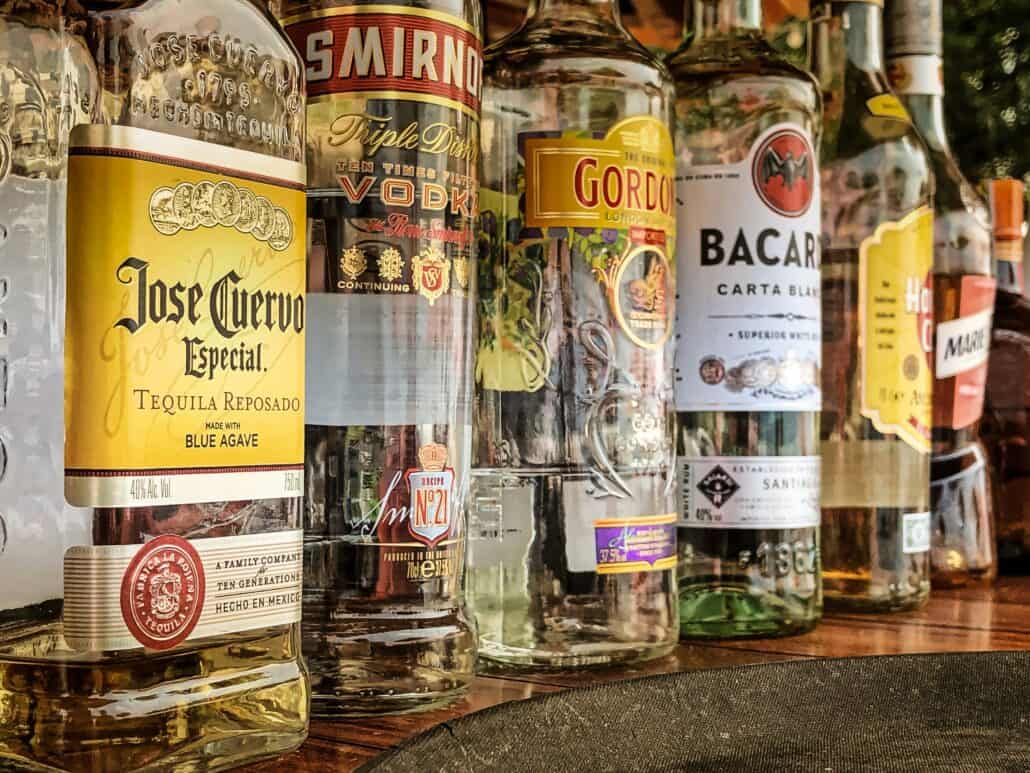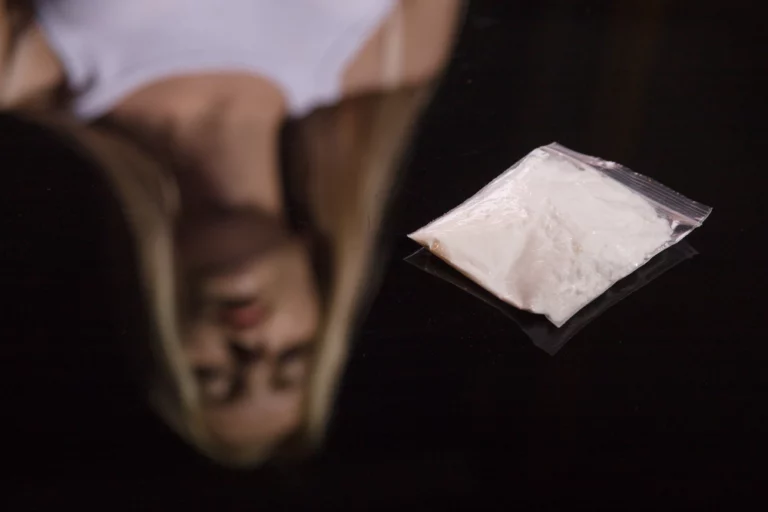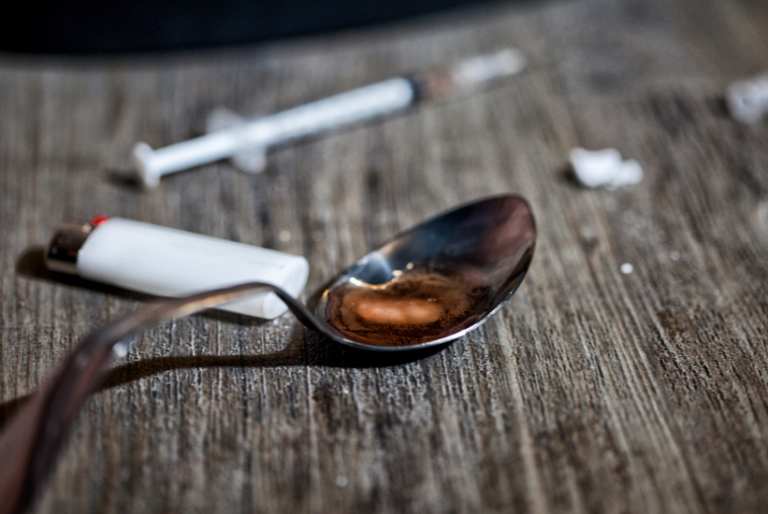Alcoholism remains a significant public health crisis across the United States, including in Asheville, North Carolina, where many individuals struggle with alcohol dependence and its devastating effects.
As the search for effective treatments continues, healthcare professionals have begun exploring the potential role of Suboxone and alcohol recovery strategies.
While Suboxone is traditionally known for treating opioid use disorder, emerging research suggests it may also help those battling alcohol addiction by reducing cravings and withdrawal symptoms. However, the interaction between Suboxone and alcohol requires careful consideration, as mixing the two can pose serious health risks.
In Asheville, where access to comprehensive addiction treatment is crucial, understanding the relationship between Suboxone and alcohol is essential for those seeking recovery.
This article will examine how Suboxone may be used as part of an alcohol treatment plan, the dangers of combining Suboxone and alcohol, and the precautions Asheville residents should take when considering this medication. By shedding light on the connection between Suboxone and alcohol, we hope to provide valuable insights for individuals and families navigating the path to sobriety.

Understanding Suboxone and Alcohol
Suboxone, a medication combining buprenorphine (a partial opioid agonist) and naloxone (an opioid antagonist), is primarily prescribed to treat opioid use disorder by easing withdrawal symptoms and curbing cravings. However, recent studies and clinical observations suggest that Suboxone and alcohol dependency may also be connected, as researchers explore its potential benefits for those struggling with alcoholism.
While Suboxone is not FDA-approved specifically for alcohol use disorder, some healthcare providers in Asheville and beyond have considered its off-label use to help manage alcohol withdrawal and reduce relapse risks. Understanding the complex relationship between Suboxone and alcohol is critical for individuals in recovery, as improper use can lead to dangerous interactions.
When administered under medical supervision, Suboxone and alcohol withdrawal management may be linked in a way that lessens the severity of symptoms, such as anxiety, tremors, and intense cravings.
However, mixing Suboxone and alcohol without professional guidance can be hazardous, increasing the risk of respiratory depression, overdose, or other severe side effects.
For Asheville residents exploring treatment options, consulting a qualified provider about the safe use of Suboxone and alcohol recovery strategies is essential to ensure both effectiveness and safety in their healing journey.
Suboxone as a Tool Against Alcoholism
For individuals battling alcohol dependency, understanding how Suboxone works and its potential benefits is crucial.
The Role of Suboxone in Recovery
Suboxone works by partially activating opioid receptors in the brain through its key ingredient, buprenorphine, which helps stabilize brain chemistry and reduce the intense withdrawal symptoms and cravings associated with substance dependency.
While Suboxone and alcohol are not typically linked in the same way as Suboxone and opioids, emerging research suggests that the medication’s ability to regulate neurological pathways may offer some benefits for alcohol use disorder as well.
The psychological and physiological stabilization provided by Suboxone and alcohol withdrawal management could potentially ease the symptoms of alcohol dependence, such as anxiety, agitation, and compulsive drinking behaviors.
However, it’s crucial to understand that Suboxone and alcohol should never be mixed without medical supervision, as this combination can lead to dangerous side effects, including severe respiratory depression, heightened sedation, and increased risk of overdose.
In Asheville, where many individuals seek comprehensive addiction treatment, medical professionals are carefully evaluating the role of Suboxone and alcohol recovery strategies to determine safe and effective protocols.
For those considering Suboxone and alcohol dependency treatment, consulting with an experienced healthcare provider is essential to weigh the potential benefits against the risks and explore alternative or complementary therapies tailored to their specific needs.

Managing Withdrawal Symptoms
One of the most significant hurdles in recovering from alcoholism involves managing the often debilitating withdrawal symptoms that emerge when alcohol consumption ceases. These symptoms can range from mild irritability and insomnia to life-threatening complications like delirium tremens (DTs) and grand mal seizures, creating substantial barriers to achieving lasting sobriety.
This is where the relationship between Suboxone and alcohol withdrawal management becomes particularly noteworthy. While traditionally used for opioid dependence, Suboxone and alcohol recovery protocols are gaining attention for their potential to mitigate alcohol withdrawal symptoms through its unique pharmacological action.
By providing controlled partial opioid receptor activation, Suboxone and alcohol withdrawal treatment can help stabilize brain chemistry during detoxification, potentially reducing the severity of cravings and physical discomfort.
The connection between Suboxone and alcohol recovery is especially relevant during the critical early stages of sobriety, when withdrawal symptoms are most intense and relapse risk is highest. Suboxone and alcohol treatment approaches may offer a pharmacological bridge to help individuals navigate this challenging transition period more comfortably.
However, it’s crucial to understand that Suboxone and alcohol should never be combined recreationally, as this can lead to dangerous respiratory depression and other serious complications.
In clinical settings, when used properly under medical supervision, the interplay between Suboxone and alcohol withdrawal management can provide a safer, more comfortable path to recovery while reducing the likelihood of relapse.
For Asheville residents struggling with alcohol dependence, understanding the potential benefits and risks of Suboxone and alcohol treatment protocols could be an important step in developing an effective recovery strategy.
Medical professionals emphasize that any use of Suboxone and alcohol withdrawal therapy must be carefully monitored, with dosage precisely tailored to individual needs and circumstances.
This approach to Suboxone and alcohol recovery represents an evolving area of addiction medicine that may offer new hope for those facing the daunting challenge of overcoming alcohol dependence.
Reducing Cravings
One of the most persistent and challenging obstacles in alcohol recovery is the intense, often overwhelming craving for alcohol that can emerge long after initial withdrawal symptoms subside.
These cravings—powerful urges that hijack rational thought and threaten sobriety—are where the relationship between Suboxone and alcohol recovery becomes particularly valuable.
Suboxone and alcohol cravings are connected through the medication’s ability to stabilize brain chemistry, specifically by modulating the opioid receptors that play a role in reward-seeking behavior.
By partially activating these receptors, Suboxone and alcohol treatment can help “quiet” the brain’s compulsive demand for alcohol, making it easier for individuals to resist relapse triggers.
The way Suboxone and alcohol interact neurologically provides a crucial advantage in long-term recovery. Unlike full opioid agonists, which can be addictive themselves, Suboxone and alcohol craving reduction works through a safer, controlled mechanism—lowering the intensity of alcohol urges without producing the same high or reinforcing addictive patterns.
For those in Asheville struggling with alcohol dependence, this means Suboxone and addiction therapy, when prescribed appropriately, can serve as a stabilizing tool alongside counseling and support groups.
However, it’s essential to recognize that Suboxone and alcohol should never be mixed recreationally, as doing so can lead to dangerous respiratory depression or overdose.
Under medical supervision, the connection between Suboxone and addiction recovery offers a promising way to break the cycle of craving and relapse.
By reducing the brain’s hyperactive response to alcohol triggers, Suboxon treatment supports individuals in maintaining their commitment to sobriety, allowing them to focus on rebuilding their lives.
For those considering this approach, consulting an addiction specialist about Suboxone and alcohol craving management ensures a safe, structured path forward in their recovery journey.

How Asheville Residents Can Safely Use Suboxone
For those in Asheville considering Suboxone as part of their treatment plan for alcoholism, responsible use under professional guidance is paramount.
Medical Supervision
Before starting Suboxone treatment, consulting with a healthcare provider is essential. They can determine whether Suboxone is a suitable option based on individual health profiles and addiction history.
Integrative Treatment Approach
Combining Suboxone with behavioral therapies and support groups can enhance recovery outcomes. Comprehensive treatment plans that address both the physical and psychological aspects of addiction have shown higher success rates.
Awareness of Interactions
Understanding the potential interactions and side effects when combining Suboxone and alcohol is vital. While Suboxone can aid recovery, mixing it with alcohol or other substances without guidance can undermine health and well-being.
FAQs About Suboxone and Alcohol
Can Suboxone be used to treat alcoholism alone?
Suboxone is not specifically approved for treating alcoholism. However, it may be part of a broader treatment plan under medical supervision. Always consult with healthcare professionals to determine the best course of action.
Are there risks to combining Suboxone and alcohol?
Yes, combining Suboxone and alcohol without guidance can lead to adverse effects, such as increased sedation or respiratory issues. It is crucial to follow medical directives and avoid alcohol consumption while on Suboxone.
How can Suboxone support alcohol dependency recovery?
Suboxone may support recovery by lessening withdrawal symptoms and cravings, making it easier for individuals to maintain sobriety. Consulting with professionals to incorporate it safely into treatment is essential.

Empowering Recovery in Asheville with Suboxone
Suboxone offers a promising avenue for those seeking to overcome alcoholism, especially when integrated into a comprehensive treatment program.
For Asheville residents, understanding the potential benefits and risks of Suboxone and alcohol interactions, and adhering to professional guidance, can enhance recovery outcomes.
If you are considering incorporating Suboxone into your alcohol recovery journey, don’t hesitate to seek expert guidance from local resources. Contact us at Asheville Detox for further assistance or call us at 828-372-0429 for professional support and guidance.
Additionally, if you are in need of alcohol addiction recovery services but are not located in Asheville, North Carolina, Asheville Detox Center is proud to partner with Knoxville Recovery Center. Connect with their team to explore their empathetic and dedicated addiction recovery services.







